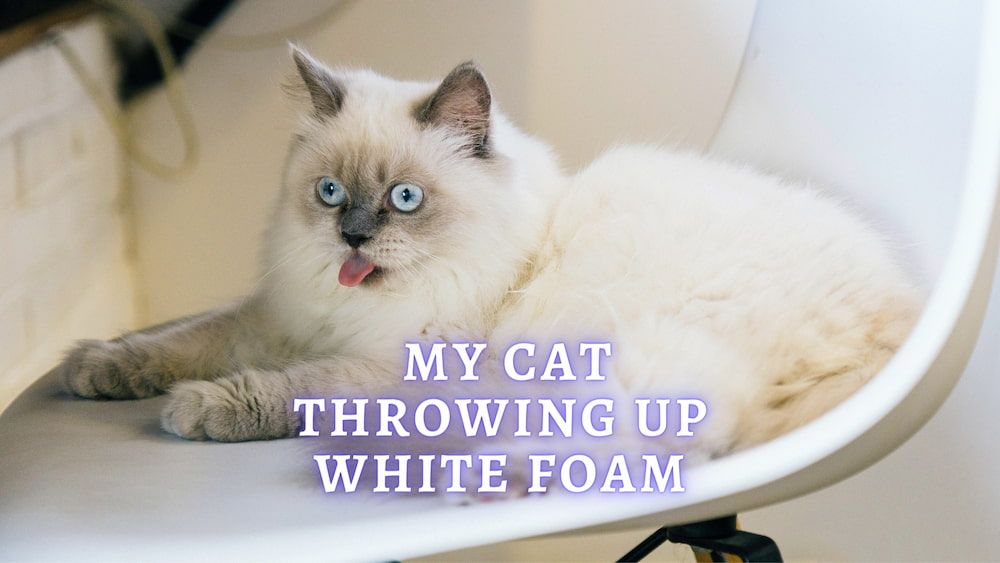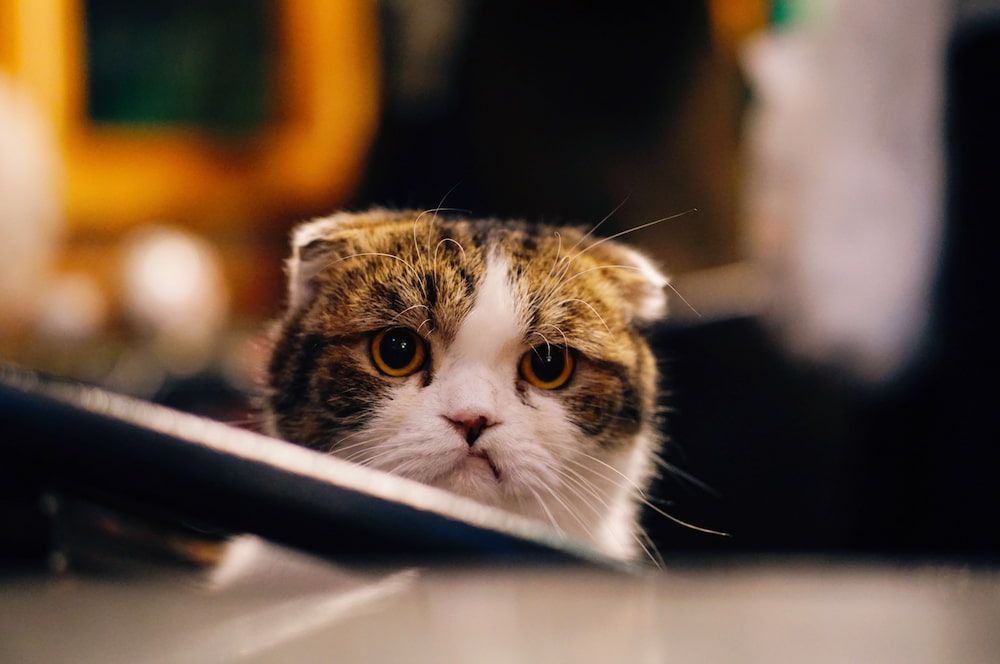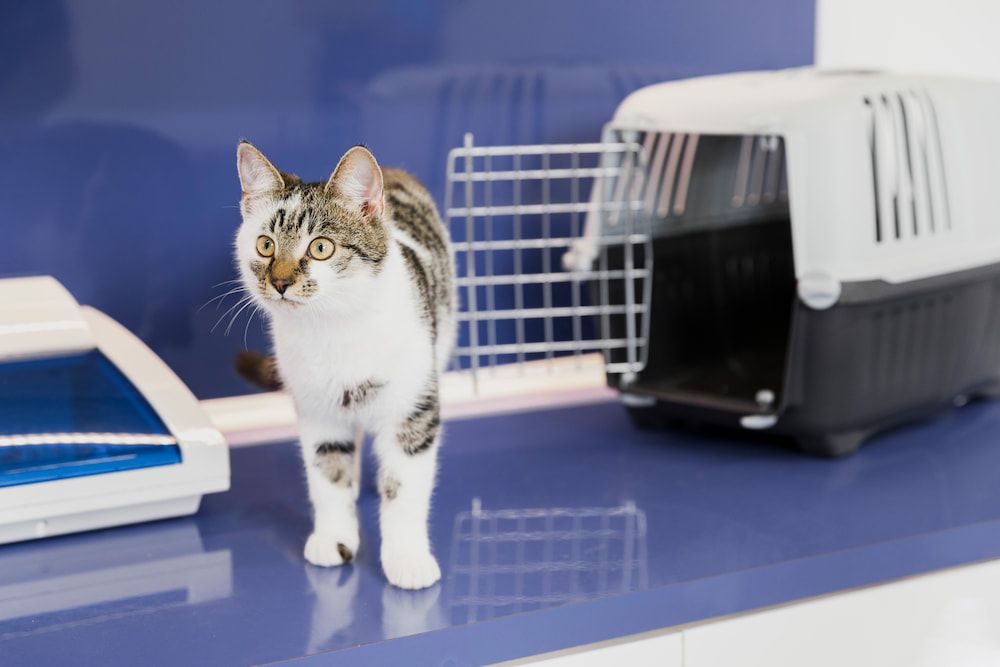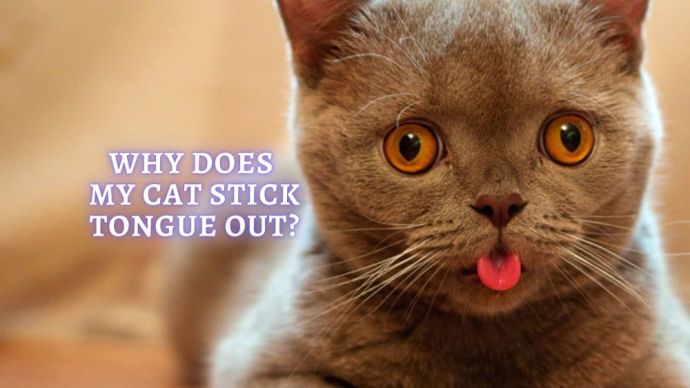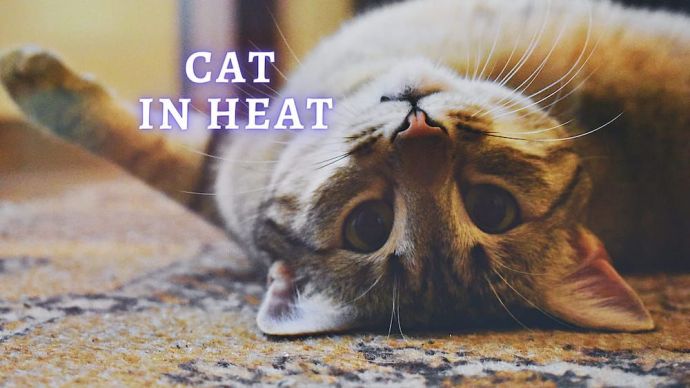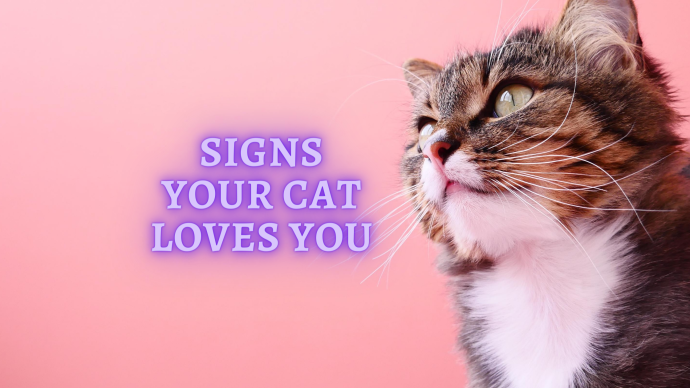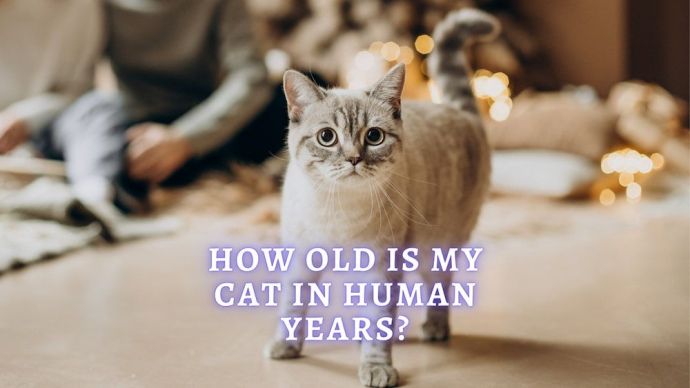Cat Throwing Up White Foam: Causes, Diagnosis and Treatment
Written by:
Author: Carol Young
Carol has worked in specialty, emergency, mixed animal and general veterinary practices, and enjoys all aspects of veterinary medicine. Her special areas of interest include anesthesia, critical care, emergency, dentistry, internal medicine and small animal nutrition.
View all 62 articlesLearn about our editorial process and veterinary review board.
Viewed: 220
Updated on: 06/15/2023
Any cat owner can tell you that it’s not uncommon for our pets to occasionally regurgitate food and cough up hairballs, but what about throwing up white foam? When a cat vomits white foam, it could be a sign of an urgent medical problem or a reaction to oral medication. If you’re unsure as to why your feline friend is burping up white foam, contact your veterinarian immediately, especially if she is showing signs of distress or is having difficulty breathing.
If you are concerned about your cat vomiting and are wondering if it warrants an immediate trip to the vet, there are several things to know that can help you decide.
Should I be concerned about the cat throwing up white foam?
Vomiting is an active motion of ejecting contents from the stomach. Regurgitation is a bit different because regurgitation is more of a passive motion where the stomach doesn’t contract and force something out through the cat’s mouth.
Sometimes vomiting up white foam can be a sign of a food allergy, a reaction to oral medication, or a sign of a more serious condition. If your cat is throwing up white foam, has been doing it multiple times, and seems to be in distress, call your veterinarian as soon as possible. In this case, it’s best to play it safe and have your veterinarian rule out any serious medical issues such as an intestinal blockage or cardiovascular disease.
If you’re concerned, call your veterinarian as soon as possible. Your vet will be able to discern whether or not you should be concerned.
READ MORE: Cat Vomit Looks Like Poop
Can I treat my cat’s vomiting at home?
If your veterinarian has determined that your cat has no medical issues to blame for the vomiting, the doctor may have some recommendations as to how to treat the vomiting at home. These include:
- Diet. If you have recently changed your pet’s food, and your cat has suddenly started vomiting, it could be due to the change in diet. Try to coordinate with your veterinarian as to what kind of food you should be feeding. In many cases, an easily digestible diet is recommended.
- Hairballs. Cats have hair, and we all know that they spend a lot of time self-grooming. As a result, cats do get hairballs, and the longer the hair, the higher chance of vomiting hairballs. If your kitty is coughing up hairballs, consider a hairball diet or adding hairball treats to her diet. These diets and treats are rich in fiber and can help cats pass swallowed hair in their stool.
- Medications. Under the direction of your veterinarian, certain medications can be used to treat acute and chronic vomiting in cats. For example, the antacid Famotidine or a veterinary drug called maropitant citrate can help reduce stomach acid and reduce vomiting.
- Regular grooming. Sometimes cats need help with grooming, especially if they are long-haired or elderly. Try brushing your cat or use other grooming aids to reduce hair and dander that can cause vomiting.
Diagnosing the cause of vomiting in cats
With the help of your veterinarian, diagnosing why your pet is vomiting may be a challenge, but not impossible. You and your vet can discuss the cat’s symptoms and conditions that may be causing your cat to throw up, and reaching a diagnosis may involve radiographs, ultrasound, and even bloodwork.
Common causes for chronic vomiting may include several conditions:
- Gastrointestinal motility disorders
- Hairballs
- Inflammatory bowel disease
- Food allergies
- Neoplasia
- Renal disease
- Hyperthyroidism
- Diabetes
- Hepatobiliary disease
Getting to the bottom of initial symptoms is critical, and your veterinarian can help reach a diagnosis and recommend a specific treatment plan to help your cat.
RELATED ARTICLE: Cat allergies and what to do about them
Most Common Reasons Why Cat Vomits White Foam
All cats vomit now and then, and in most cases, it’s probably nothing to be worried about, except maybe for the clean-up afterward. However, if your cat is vomiting white foam, especially after eating, a visit to the veterinarian may be necessary. If your pet vomits frequently and is not acting like herself, call your veterinarian, especially if she is lethargic, weak, not drinking, not eating, or having diarrhea.
The most common reasons why a cat might vomit white foam include the following:
- Hairballs. Perhaps the most common reason cats throw up is because of a hairball, which is a wad of undigested hair, that can also contain food and digestive fluids. It is not unusual for a cat to cough up a hairball once per week or once in a while. However, chronic hairball issues can become more serious and could cause a possible gastrointestinal blockage.
- Toxins. When a cat ingests a toxin, or something poisonous, it can create acute and frequent vomiting. If you think your kitty has ingested something toxic and is vomiting white foam, call your veterinarian immediately or a pet poison hotline.
- Foreign Body. Felines have been known to ingest pieces of string, yarn, fabric, or other non-food items, which have caused intestinal blockages. One of the major signs of an intestinal or stomach blockage is vomiting and the inability to keep water or food down. An intestinal blockage is a medical emergency and requires immediate veterinary attention.
- Internal Parasites. Parasites and intestinal worms can also cause vomiting, as well as diarrhea, and inflammatory bowel disease (IBD).
- Medical Condition. A range of metabolic diseases can also cause vomiting, including diabetes, hyperthyroidism, and chronic kidney disease. If you notice weight loss or weight gain, drinking a lot, and urinating a lot, in addition to initial symptoms, contact your veterinarian. Your vet will do a thorough physical examination and may order some tests to rule out metabolic disease.
- Neoplasia. Neoplasias, or cancers, can also cause vomiting. Symptoms of cancers such as lymphoma are characterized by vomiting, but that doesn’t automatically mean that vomiting means cancer. Your veterinarian can be your best resource in this case and help rule out any medical issues.
- Medications. Some oral medications can cause throw up white foam. For example, some oral antibiotics (both liquid and pill form) used in veterinary medicine are white in color and vanilla flavored. Many cats don’t like the taste of vanilla and may drool or vomit up white foam after administration of the medicine. This issue can be resolved by having the medication compounded into something more tasty by a pharmacy.
What To Do If Your Cat Throws Up Foam?
If your cat is vomiting white foam and you’re concerned, call your veterinarian. You can also determine what might be causing the vomiting, such as a change in diet, stress, ingestion of medication, or something unusual. If your cat is throwing up white foam, call your veterinarian: Your vet is your best resource when it comes to the health of your pets.
Whatever the cause, your cat will need some tender loving care to stop the vomiting, and in serious cases, this means a stay at the vet for fluid therapy, monitoring, x-rays, supportive care, and taking anti-nausea medication. If you and your vet have determined that the vomiting is not a medical emergency, then your vet may prescribe medications to reduce the vomiting along with a recommended bland diet and plenty of water.
What’s the difference between acute and chronic vomiting?
When it comes to veterinary medicine, the term “acute” means something that happens all of a sudden, whereas the term “chronic” means something that has been going on for a while. Acute vomiting may resolve quickly with medical treatments depending on the cause, but chronic vomiting that has been going on for a longer period of time may be more difficult to diagnose and treat. Chronic vomiting can also be more serious for your cat as it can cause dehydration and electrolyte disturbances.
If your cat has a case of acute vomiting, but it resolves quickly and your cat is in good health, then you probably don’t have anything to worry about. A chronic condition may involve veterinary treatment and more involved diagnostics.
Treating vomiting in cats
Mild or infrequent cases of vomiting can often be treated easily by your veterinarian with prescribed medications, anti-acids such as famotidine, and an easily digestible diet. Depending on the cause of the vomiting, such as hairballs or IBD, your veterinarian may recommend a specially formulated prescription diet or a specific home-cooked diet. In this case, it’s important to feed your cat only the recommended cat food diet and no extra treats.
Chronic cases may take more involved treatment, depending on the diagnosis. For example, cats who are hyperthyroid will develop chronic vomiting, and if bloodwork shows an overactive thyroid, your vet can prescribe thyroid medication as well as a prescription diet. Chronic cases should always be treated by a veterinarian.
Another important thing in treating vomiting in cats is to offer fresh water that is freely available. Throwing up can cause fluid loss and dehydration, so keeping your kitty hydrated is critically important.
Consulting Your Veterinarian
When it comes to your cat’s health, your best resource for information is your veterinarian. For example, if your cat is not eating, not drinking, is lethargic, losing weight, and is vomiting, or showing other symptoms, contact your vet as soon as possible. Your vet can do a thorough exam diagnostics and depending on the diagnosis and can offer a successful treatment plan.
People also ask:
What can I give my cat for white foam vomiting?
When it comes to vomiting white foam, don’t treat your cat or offer any medications without first consulting your vet. Cats are not tiny people, and many over-the-counter medications can harm your cat. As a rule, if you have any questions, ask your vet.
Why is my cat throwing up white and yellow foam?
Your cat may be vomiting up white or yellow foam for several reasons. It could be due to gastrointestinal issues, a blockage, oral medication, or ingestion of something out of the ordinary. When it comes to vomiting, contact your local veterinarian.
Why is my cat vomiting but acting normal?
Many cats may occasionally throw up and act perfectly normal. If that’s the case, then you may want to monitor your cat for a day or two and see if it resolves. If you have any questions, your veterinarian is your best bet.Many cats may occasionally throw up and act perfectly normal. If that’s the case, then you may want to monitor your cat for a day or two and see if it resolves. If you have any questions, your veterinarian is your best bet.
When should I be concerned about cat vomit?
As a rule, you know your cat best, and if you are concerned about her health, it’s always best to make an appointment with your vet. Vomiting once in a while is not uncommon in cats and can resolve on its own. However, acute, serious, or chronic vomiting is more concerning and may mean a trip to the vet.
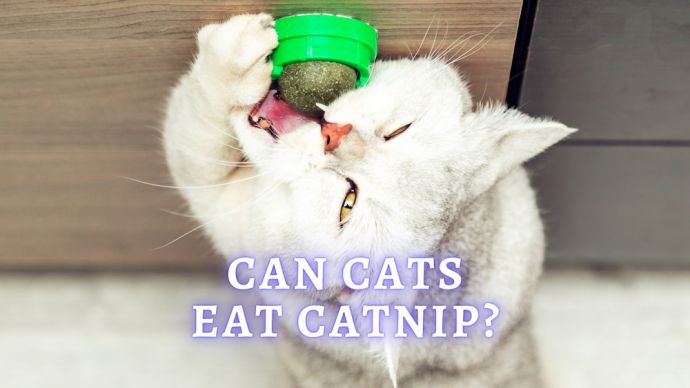 Cat Care Can Cats Eat Catnip? Are There Any Health Benefits to Cats Eating Catnip?
Cat Care Can Cats Eat Catnip? Are There Any Health Benefits to Cats Eating Catnip? - 97
- 0
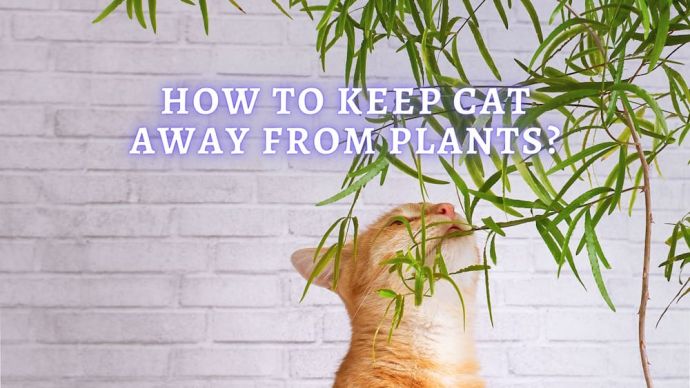 Cat Care How to Keep Cats out of Plants? How to Get Your Cat to Not Eat Plants?
Cat Care How to Keep Cats out of Plants? How to Get Your Cat to Not Eat Plants? - 420
- 0
 Cat Care Why Does My Cat Attack My Legs? 10 Reasons Why and What To Do About It (Vet-Approved Advice)
Cat Care Why Does My Cat Attack My Legs? 10 Reasons Why and What To Do About It (Vet-Approved Advice) - 46013
- 21
 Cat Veterinary Tips Cat Stomach Gurgling: Vet Advice on Why is Your Cat Stomach Gurgling?
Cat Veterinary Tips Cat Stomach Gurgling: Vet Advice on Why is Your Cat Stomach Gurgling? - 36469
- 4
 Cat Veterinary Tips My Cat Lost its Voice: Can Cats get Laryngitis? (Vet Advice)
Cat Veterinary Tips My Cat Lost its Voice: Can Cats get Laryngitis? (Vet Advice) - 23554
- 13









